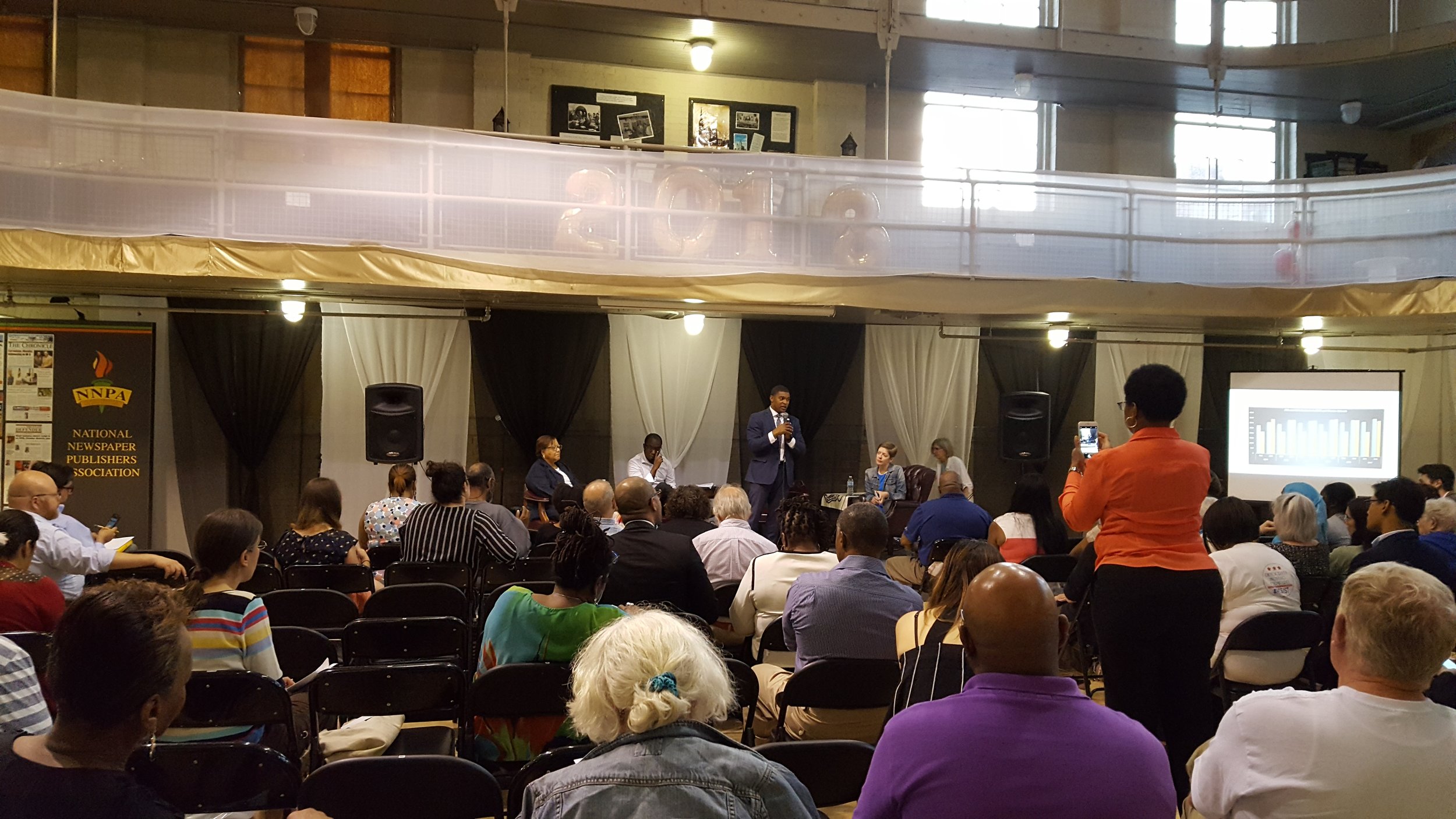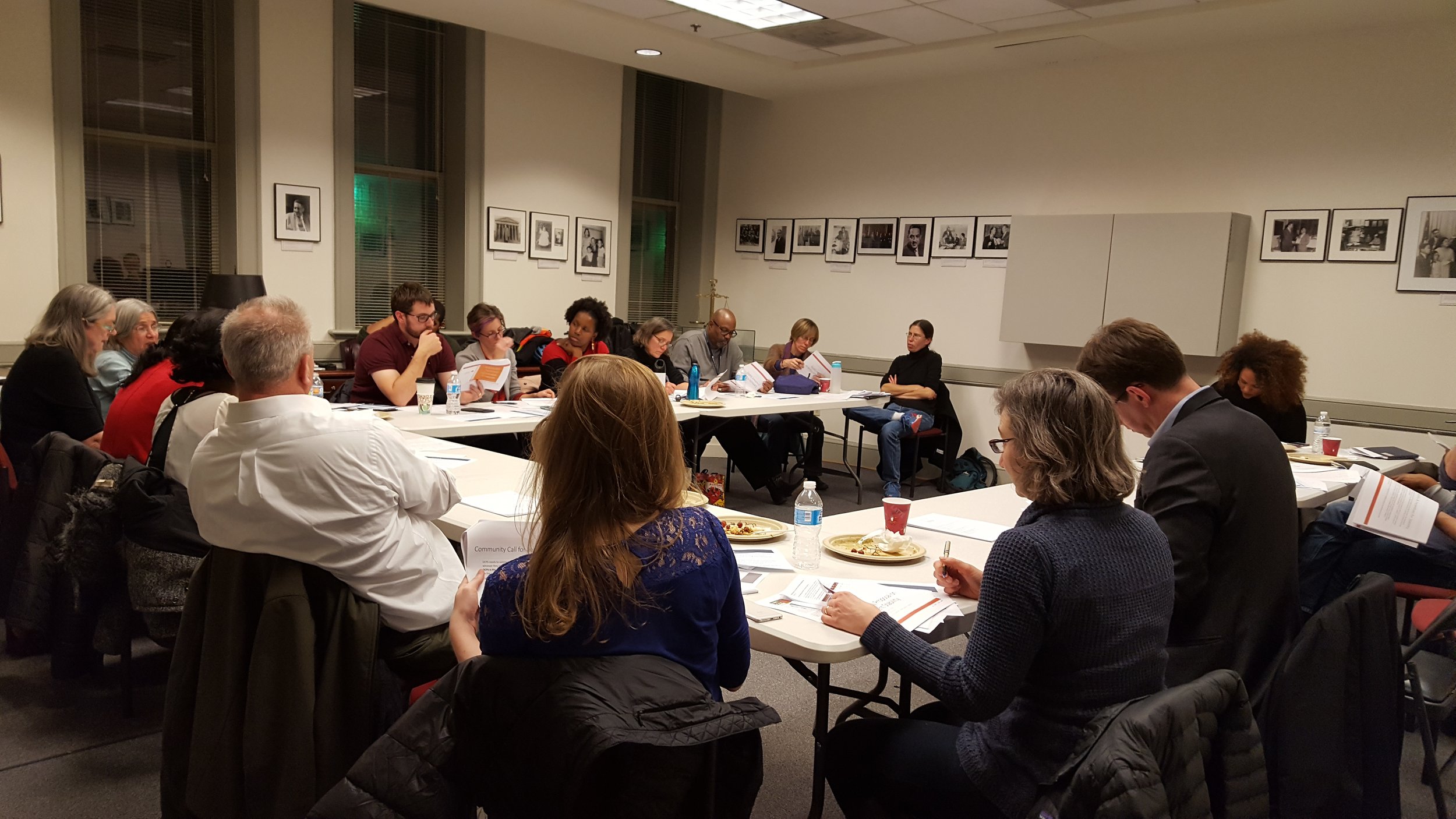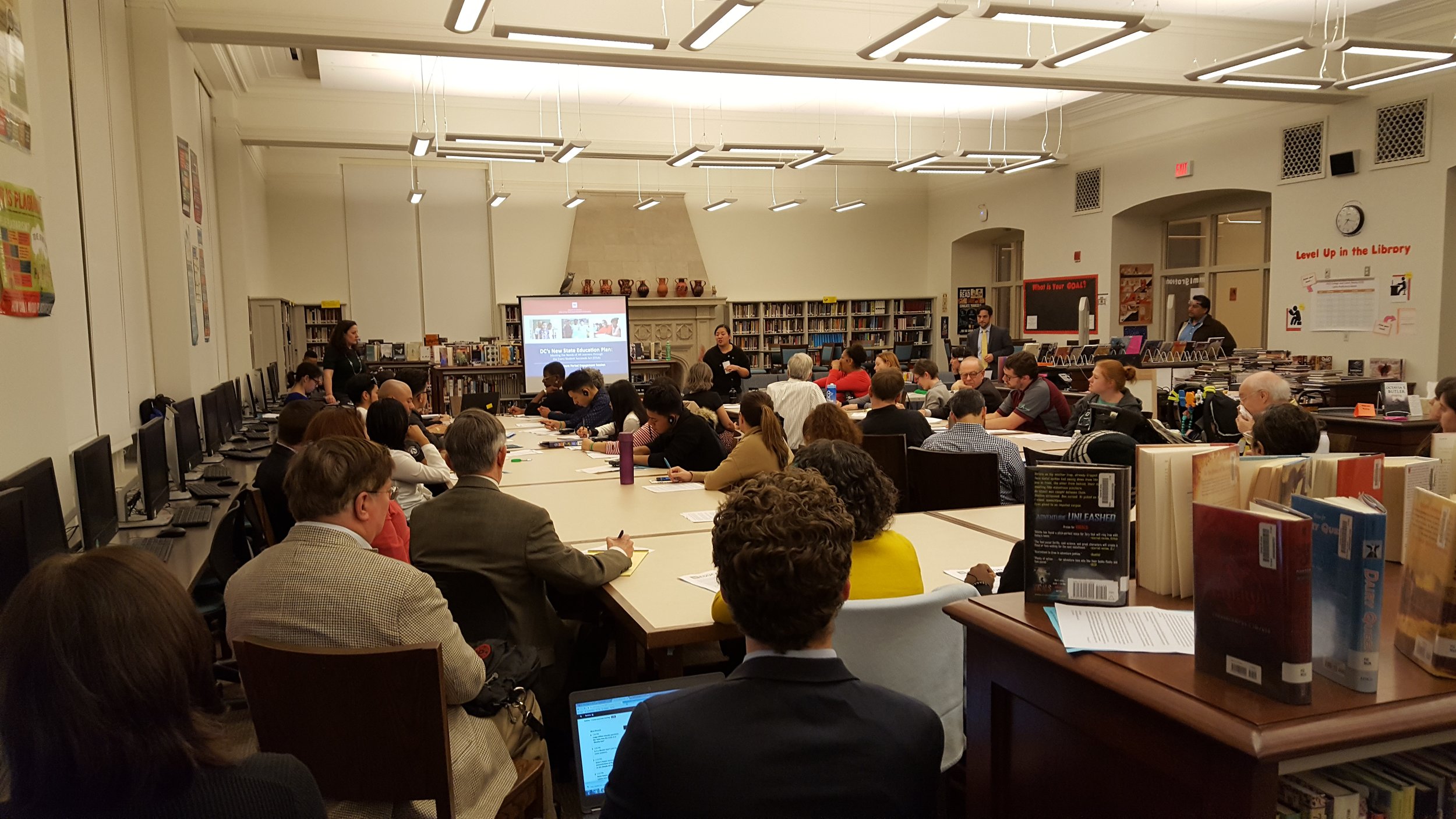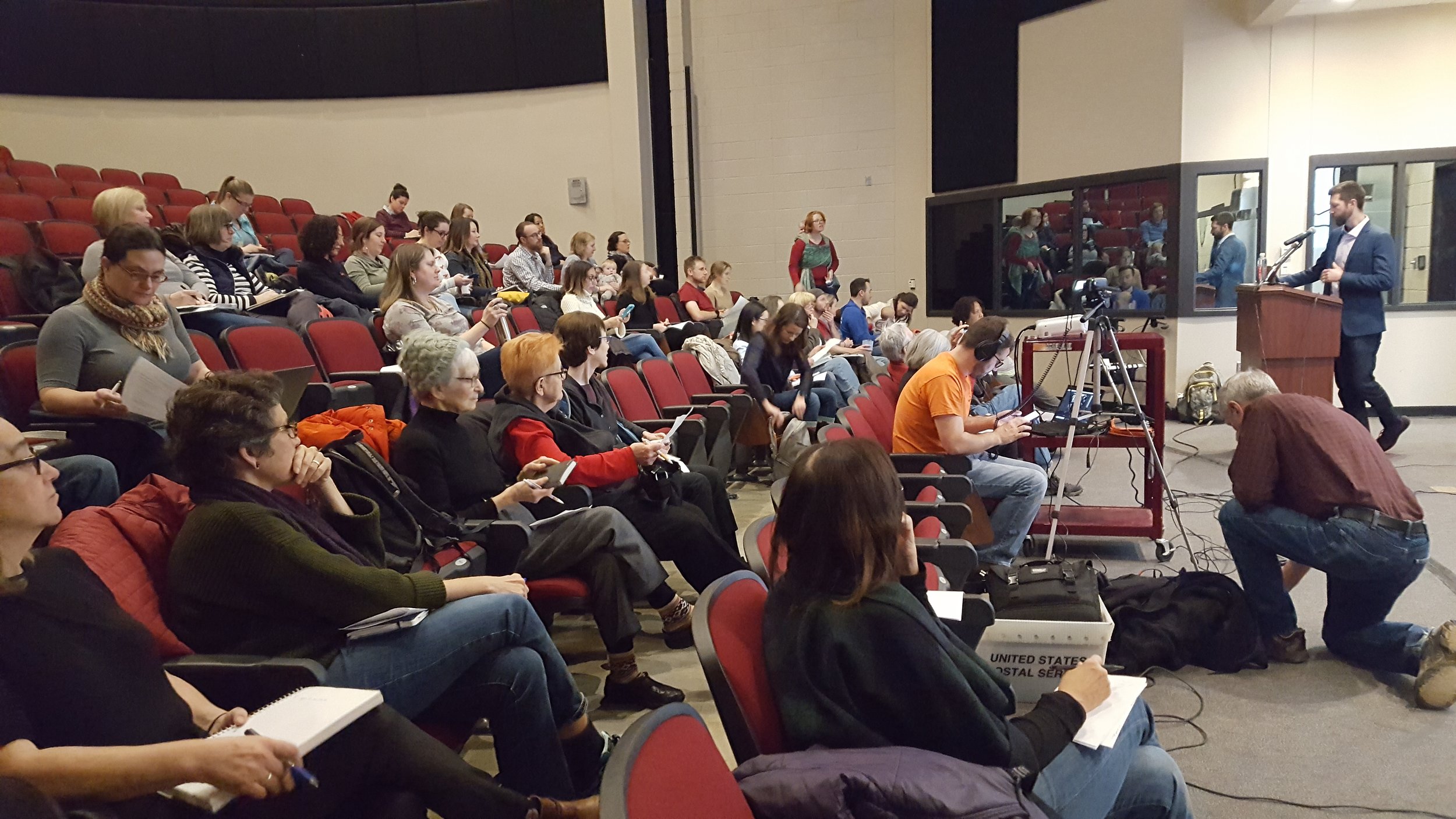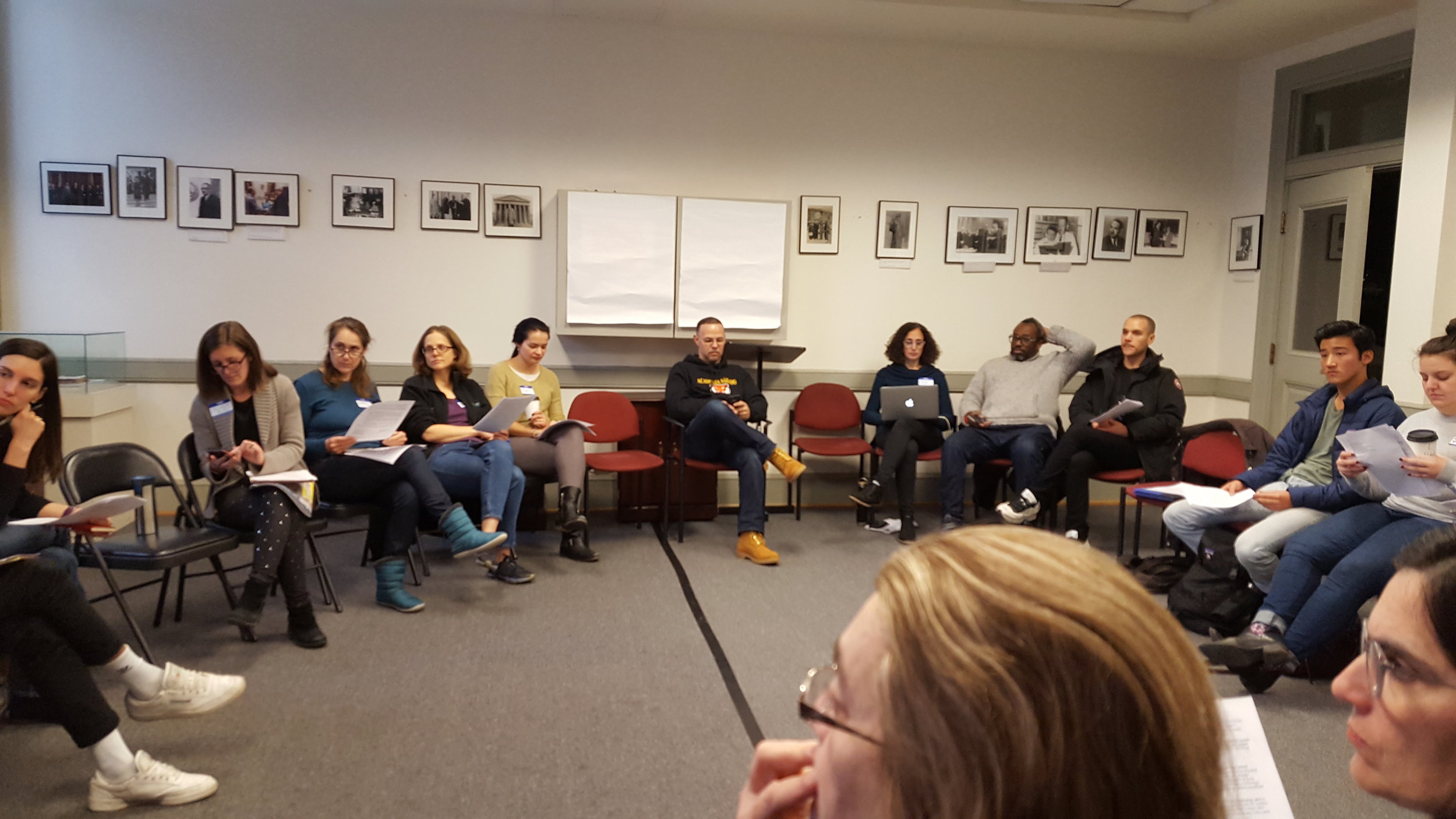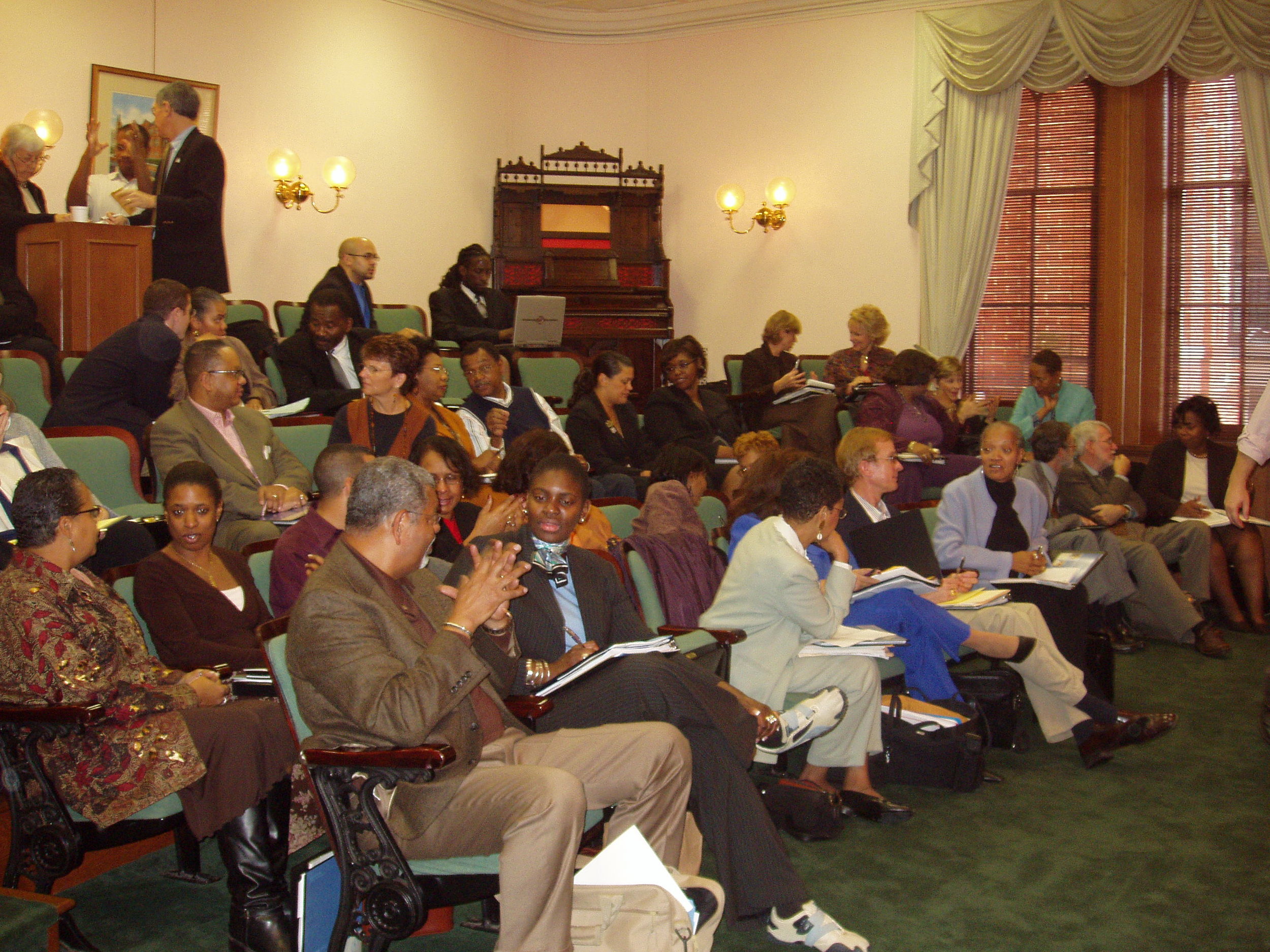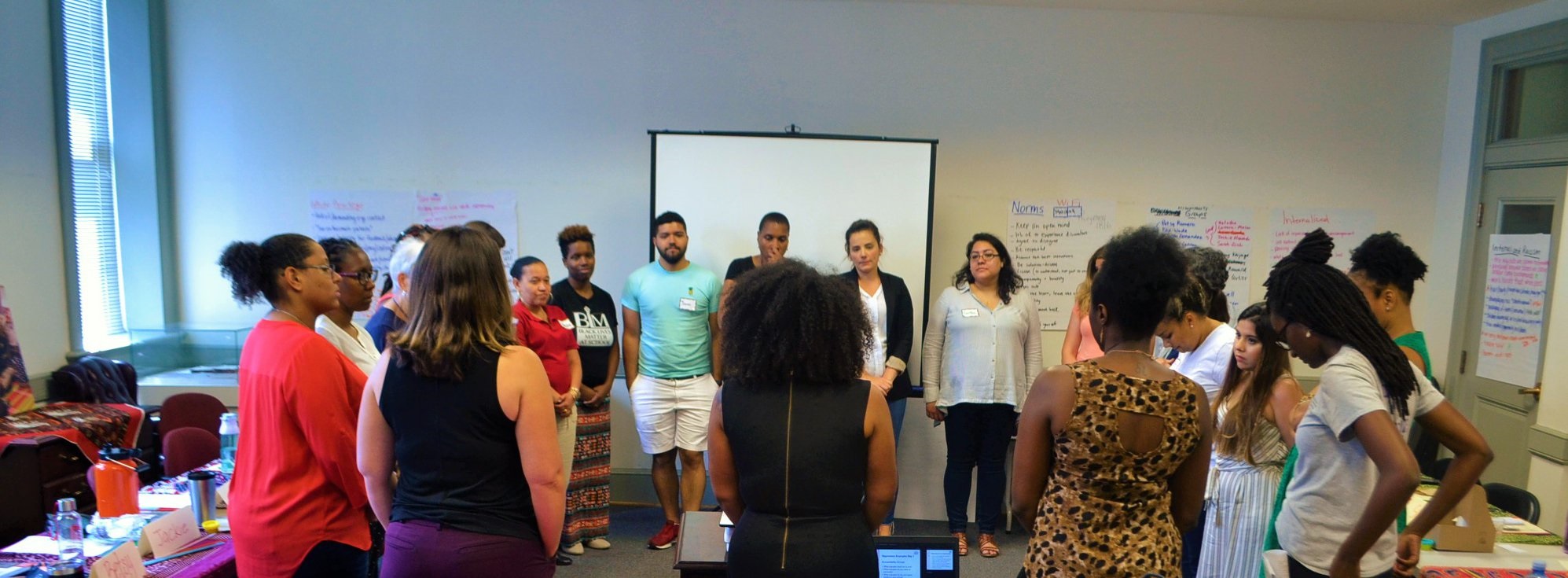Board of Trustees Training Amendment Act of 2025 3-26-2025 Hearing
/Board of Trustees Training Amendment Act of 2025 March 26th Hearing
Cathy Reilly of SHAPPE, C4DC and the Ward 4 Ed Alliance
I appreciate the opportunity to testify and the democratic process.
I am Cathy Reilly, director of the Senior Alliance of Parents, Principals and Educators and facilitator for the Ward 4 Education Alliance and the Coalition for DCPS and Communities. I am submitting testimony on the Board of Trustees Training Amendment Act of 2025 which requires the Public Charter School Board (PCSB) in coordination with the Office of the State Superintendent of Education (OSSE) to offer a school governance mandatory training for members of a Board of Trustees of a public charter school.
This act is the sole legislation proposed in response to the closing of Eagle Academy Public Charter School in August of 2024 causing significant disruption for these families as well as for the entire system as it worked to place these students in schools. It is inadequate.
As the Council steps into greater oversight of the PCSB due to the exposure of issues apparent in the December 5th hearing on the closing of Eagle, what is the larger plan to protect the institution of public education in DC? I suggest that you consider the following:
—What steps into greater oversight of the PCSB is the council ready to make to increase transparency and accountability in addition to training boards which as noted in public testimony is limited.
—What is the larger plan to protect the institution of public education in DC? You have tools with DCPS, it is a public system, within the larger ecosystem of city agencies. The tools you use with DCPS oversight can be inadequate but give the city options. For instance, with DCPS you have chosen to use your line-item budget authority. What are you planning to do on this front with charters?
—What is the belief of the Council on privatizing public functions like education?"
With regard to the bill before you: The introduction states that “Effective governance is essential to the success and sustainability of charter schools. In the District, governance lapses—particularly in financial management—have jeopardized the stability of schools, leading to closures and causing significant disruptions in students' education. These disruptions not only displace students from their school communities but also negatively impact their academic progress and well-being. Such failures undermine public trust in schools and in government, and lead to uncertainty about schools’ ability to provide consistent, high-quality learning environments This legislation offers a solution to these challenges by requiring comprehensive training for all new and returning board members, equipping them with the tools and knowledge necessary to uphold their fiduciary responsibilities and promote effective governance and school budgeting practices.”
Boards of Trustees of Charter Schools should have always been required to have training. Training while necessary is never sufficient to guarantee fidelity in carrying out the responsibility of managing a non- profit, let alone a school run by a non-profit board. This responsibility is shared by the board, the management, as well as all of the oversight bodies including the PCSB and the DC Council. The legislation is not a solution to the challenges evident with the closing of Eagle Public Charter School as stated in the bill.
It may be one element. A board will only be effective if the information they need is transparent and trustworthy. This has to be accompanied by the requirement that these notices from the PCSB are public and are communicated to each Board member of charter schools that are the subject: —early warning notices; notices of fiscal concern; out of compliance notices; citations of fiscal concern; schools not meeting fiscal targets or floors (or both); and FCAPs (financial corrective action plans). Further being effective might mean that the school is closed because it is not financially viable. This can happen at any time.
I am curious as to how the Council will enforce the requirements noted in this bill, what are the consequences of no training, or inadequate or poor implementation of training for the boards of trustees of charter schools. What are the consequences of the PCSB not making public required notices? Will the Board be fined? Where would those funds sit then? If not this what?
I urge you to look closely at the DME’s implementation of the recommendations of the Student Assignment and Boundary Committee of 2024, particularly #23. I also urge you to look carefully at the Facilities Allowance and its use. It varies widely across the 68 Local education agencies, again not aligned with need. Finally in this time where labor unions are under attack, the decision to have the charter sector, regardless of individual LEA need or working conditions, benefit from the wage negotiations without participating in them should be examined.
